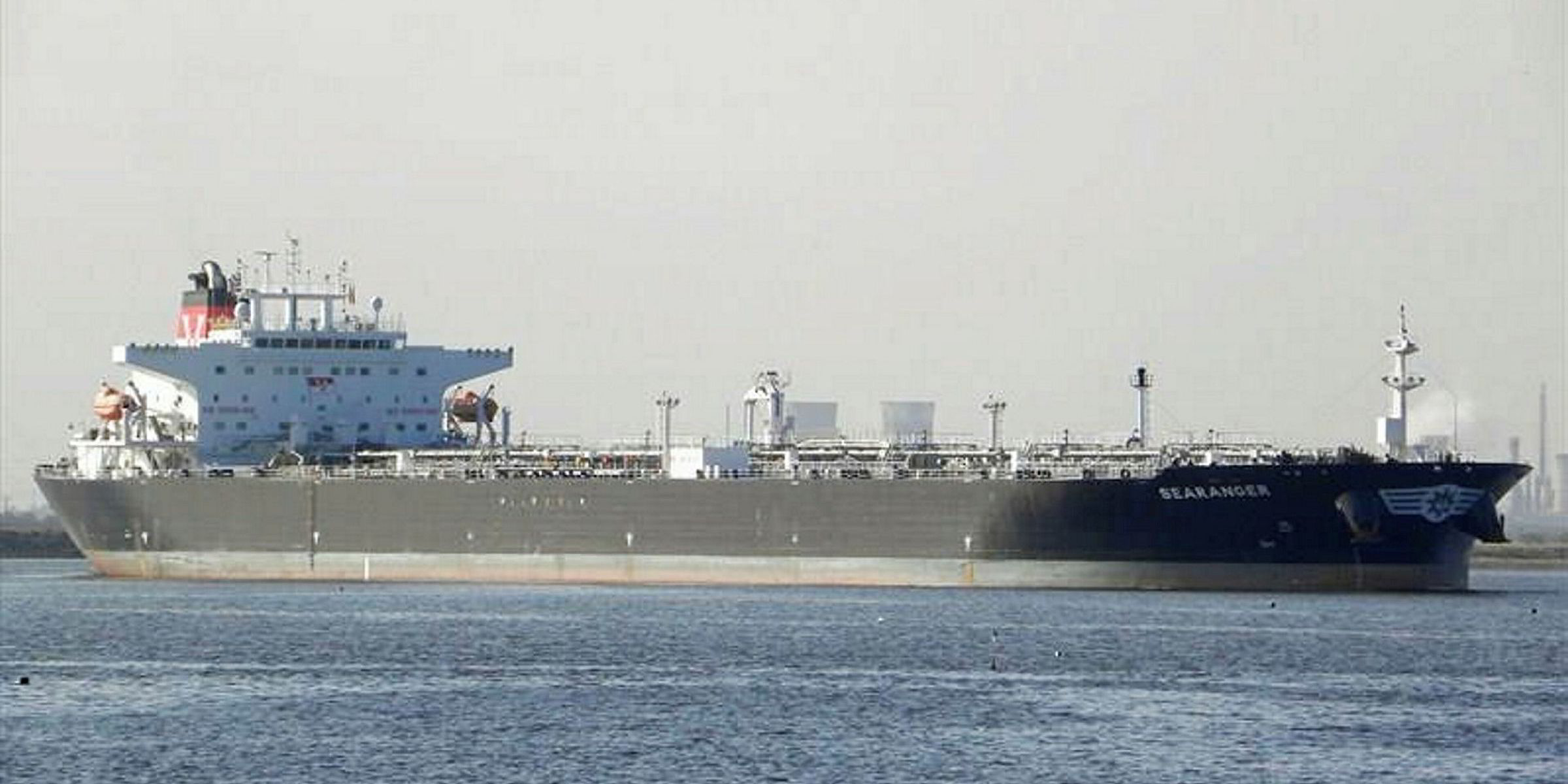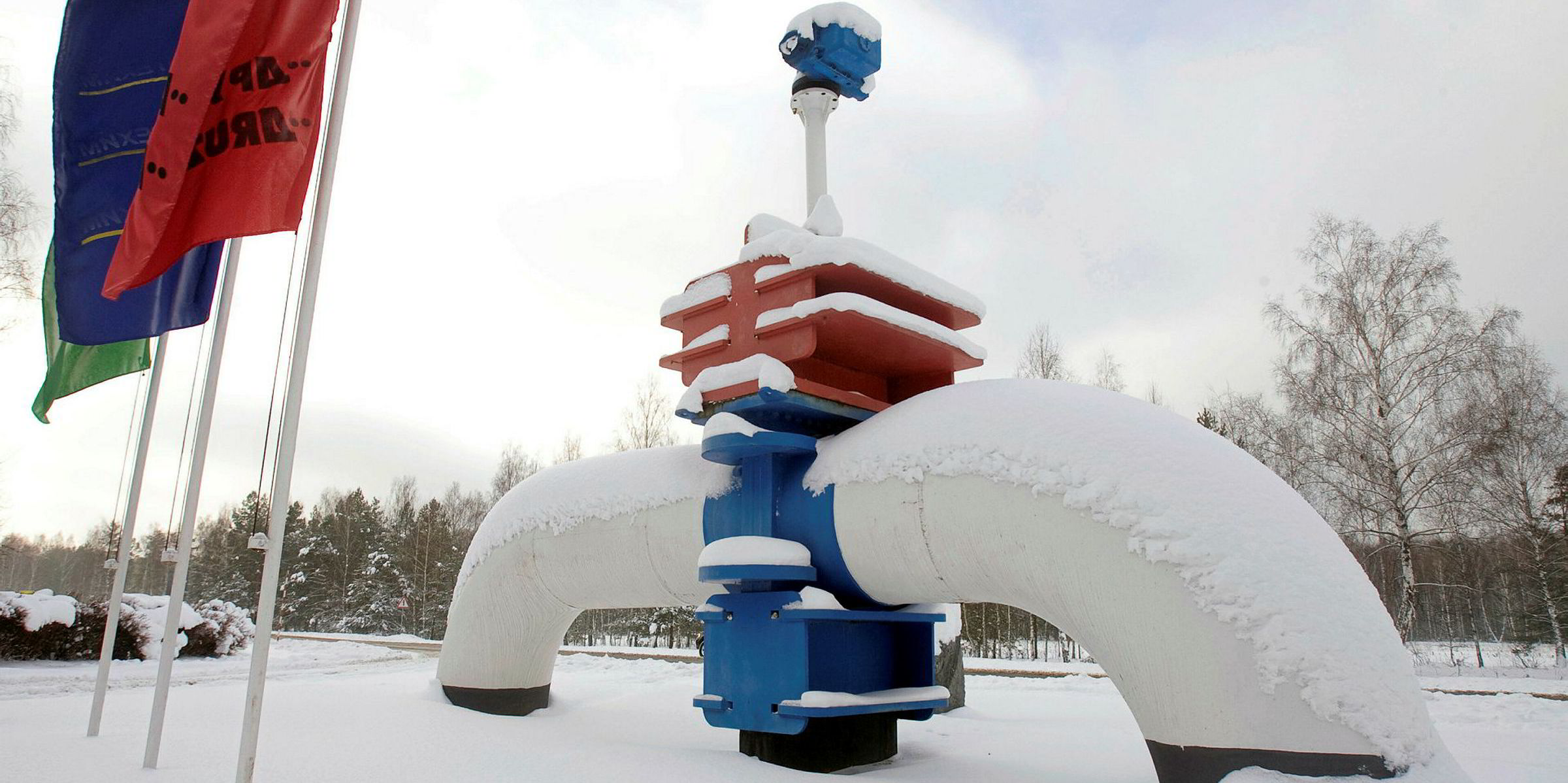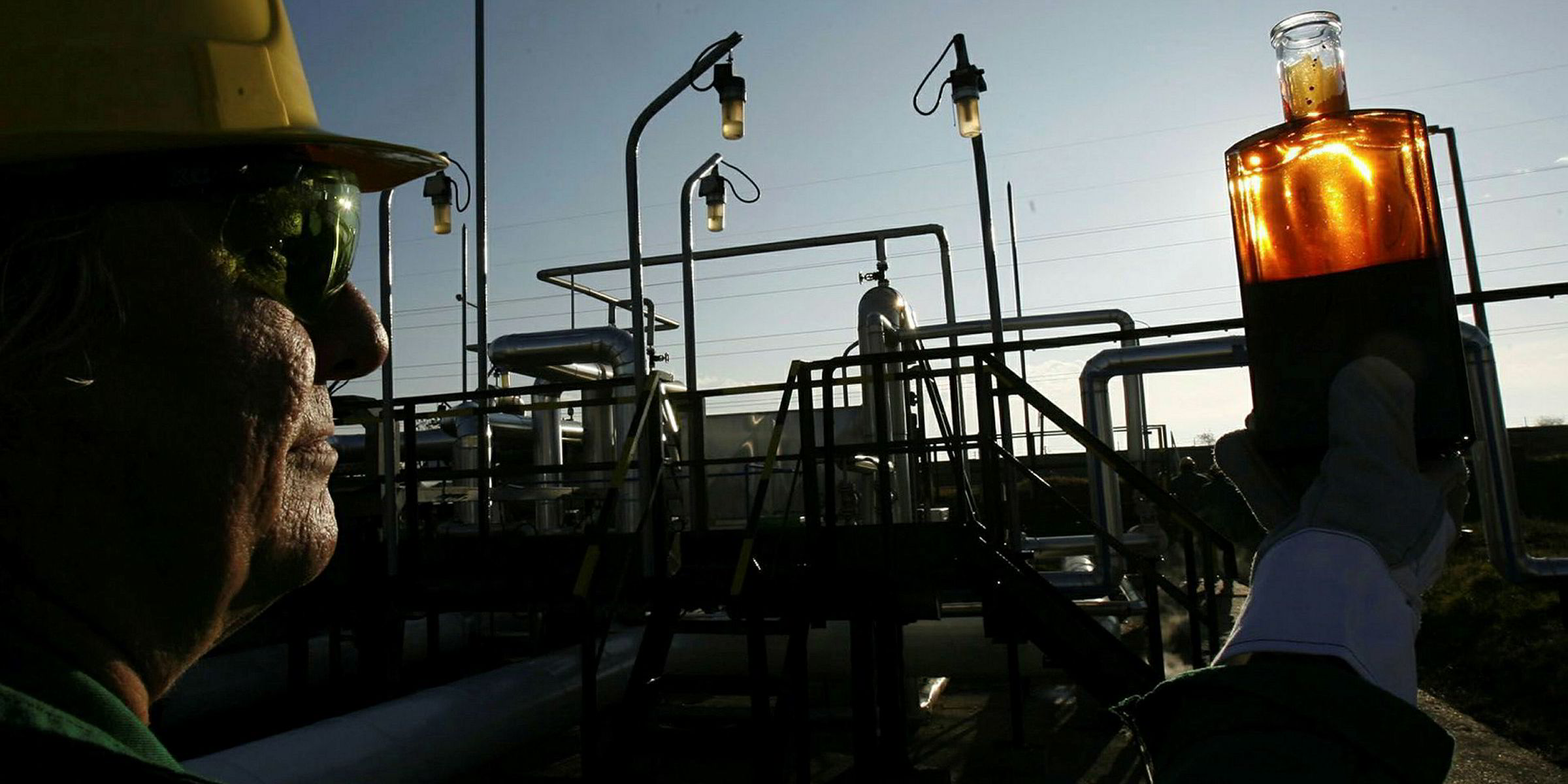The supply chain crisis of Russian crude is believed to have led to floating storage opportunities for aframax tanker owners including Sovcomflot and TMS Tankers.
Since contamination matters were first reported at the 4,000-km Druzhba pipeline during the Easter weekend, Urals crude with higher-than normal organic chlorides had been exported at a nearly unabated pace from Ust Luga until 10 May, according to industry estimates.
With the difficulties in finding onshore tanks to further process the contaminated cargoes into acceptable specifications for end-users, Russian crude buyers have had to use floating storage in several occasions.
Based on the estimates of commodities intelligence provider Kpler, six aframax tankers have been floated for weeks as of end-May after loading from Ust Luga between 24 April and 10 May.
Employed by Total, Sovcomflot’s 113,200-dwt Mendeleev Prospect (built 2018) has been floated off Gdansk since 27 April.
The French major has also chartered Delta Tankers’ 118,000-dwt Deep Blue (built 2005), which has been off Rotterdam since 11 May.
TMS Tankers’ 112,900-dwt Ryman (built 2017) has been off Rotterdam since 15 May, while the Valles Steamship-owned, Total-operated 109,200-dwt Searanger (built 2009) has been there since 6 May. Both vessels are chartered to Glencore.
Chartered by Vitol, the Stealth Maritime-owned, Maersk-operated 115,900-dwt Chrysalis (built 2010) has been at the Galveston lightering zone since 22 May.
First Ship Lease’s 115,000-dwt FSL Shanghai (built 2007), deployed to a Teekay pool, has been outside of Ventspils since 3 May.
Details on those charters are sketchy, but it is believed that charterers are paying demurrages rather than entering formal short-term storage contracts.
Vitol, Total, Glencore and Sovcomflot declined to comment on the charter matters. Other relevant parties have not responded to emails seeking comments.
“I expect that ships will discharge to cheaper storage locations willing to accept the barrels. Shore-side storage is a lot cheaper than aframax demurrage,” VesselsValue analyst Court Smith told TradeWinds.
Bloomberg NEF estimated at least 36.7 million barrels of Urals crude were contaminated as of 28 May—which points to potentially more floating storage opportunities.
“Obviously removing ships from the trading fleet has a positive effect,” Smith said.





